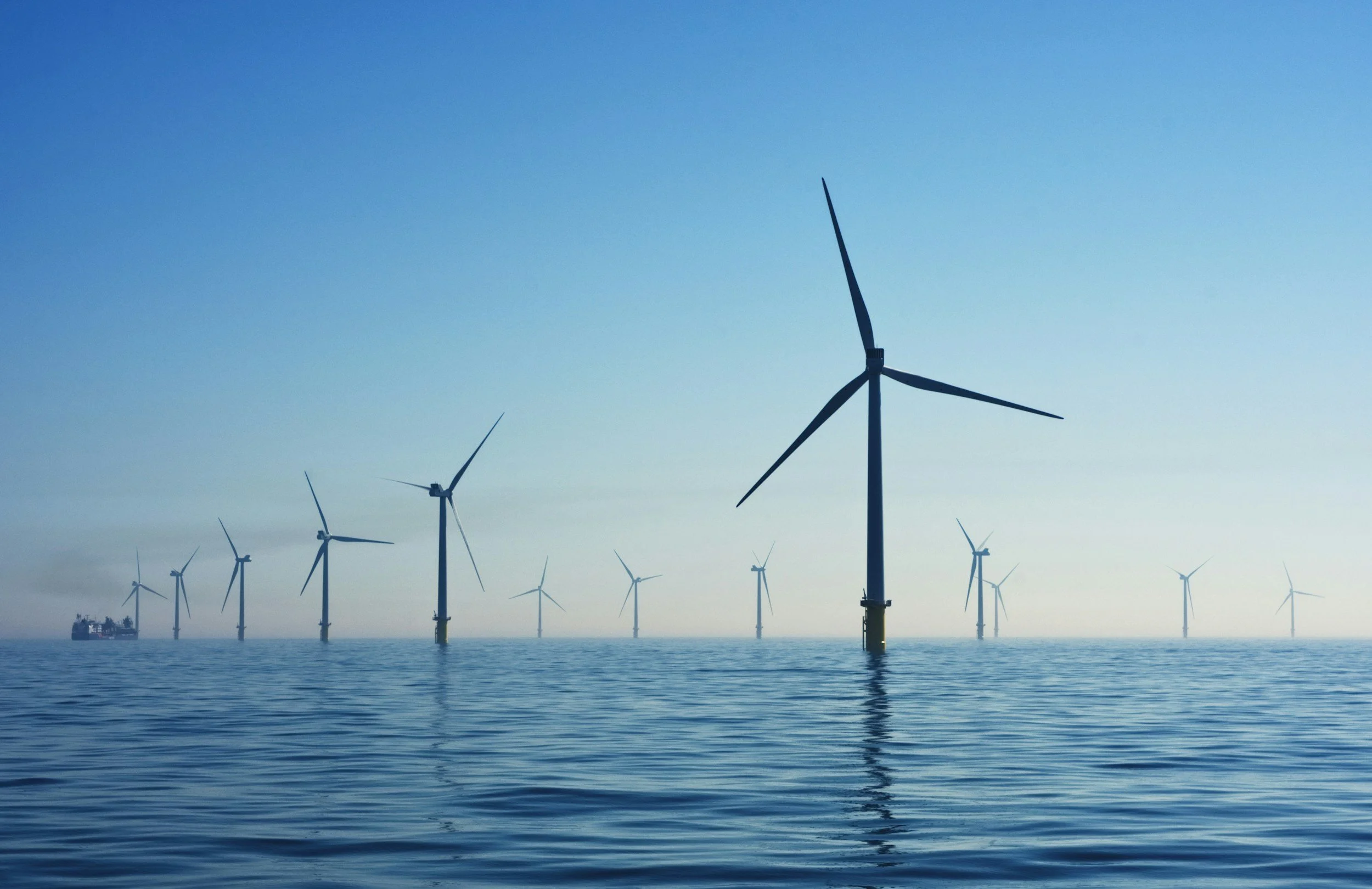The Expensive Triple Whammy If Dominion Wind Dies
By Steve Haner
On its face the executive order President Donald Trump signed to bring a halt to future offshore wind turbines on federal ocean leases did not target the Virginia project underway. Dominion Energy Virginia is reporting it has all the federal permits it needs and will continue pushing toward its late 2026 completion date for Coastal Virginia Offshore Wind (CVOW).
A brave face and soothing reassurance are not enough. The reality is the project is in jeopardy. The EO calls upon the new federal bureaucracy to hunt for an excuse to cancel even the leases or permits for projects already underway, “identifying any legal bases for such removal,” and present those options to Trump.
Because of the Virginia Clean Economy Act (VCEA) and its mandates to generate renewable energy credits or pay financial penalties, the cost of a cancellation is even higher than most realize. This is one more reason for Virginia to retreat from this unachievable law.
It has been previously explained that under the traditional rules for monopoly utilities, any costs incurred for a cancelled project of this nature could fall totally on the ratepayers. The Virginia State Corporation Commission (SCC) has approved this project with its $9.8 billion price tag (not including financing). Having gotten that approval, the utility is entitled to recover its costs. The potential stranded costs a year ago were $4 billion and must be far more now.
A residential customer using 1,000 kilowatt hours of power is already paying $8.63 a month to build the plant and Dominion has an application pending to raise that to over $11 starting in July. That routine update on the project could become the forum for a debate on its future. If nothing else, the total of the potential stranded costs could be determined.
But perhaps billions more would have to be extracted from Dominion’s ratepayers over the next few decades under the Virginia Clean Economy Act. The 2.6-gigawatt wind farm is intended to generate millions and millions of renewable energy certificates (RECs) over 25 years to satisfy the VCEA’s mandates. If (actually when) Dominion falls short, it must either buy RECs from other generating entities or pay a cash fine, a “deficiency payment.”
So a cancellation could be a double whammy for Dominion’s 2.6 million customers – the stranded costs for the project and the cost of all those extra purchased RECs or cash fines. Both would linger on power bills for years.
Then there is a third whammy, because Virginia still needs a growing amount of electricity to meet demand and killing the wind farm means additional power plants of other types are needed. The ratepayers will have to pay for those, too. Ratepayers might pay for the project that was not built, pay for the RECs it won’t generate, and finally pay to replace the electricity it never generates.
Despite those harsh economic realities, in some circles there is a war dance underway around this project. There will be pressure to kill it along with all the others around the country. Virginia’s ratepayers, especially its large electricity users, might want to join this debate about the future of this plant. It remains the only project in the U.S. with risk totally on the customers.
Governor Glenn Youngkin, who has been a cheerleader for the wind project as well as for our new president, has a message to carry to Washington on all this. The hard push to build all these projects came from the Biden White House through other executive orders and this new EO leaves the decisions about their fate with Trump. Elections have consequences.
CVOW should have been killed three years ago, when the SCC was poised to impose a very reasonable performance standard on the utility and the utility was balking. At that point, the Office of the Attorney General also turned away from the performance standard and the project was approved without it.
Once a foolish investment decision has been made, however, deciding whether it is wiser to cancel it or wiser to follow through is complicated accounting. The opponents of this project now celebrating President Trump’s EO have not thought all this through. It is essential that Virginia do so. An honest assessment might conclude that it is cheaper to kill it, but it also might not.
In theory, a cancellation forced by a review of the project by the Trump Administration might come with financial recompense. It might. Such a financial settlement might be less money than the government would have otherwise spent on tax subsidies on the finished project. There is nothing in the new executive order about compensation, however, even though cancelling now might be a taking.
And there would never be any federal compensation for the replacement cost, for building another generation source (albeit one likely to be more reliable). As to the costs associated with the VCEA mandates, that is on the Virginia General Assembly which should just repeal it.
The VCEA looms over every economic decision on energy, applying a set of financial handcuffs, distorting all outcomes. Whatever happens with the CVOW project, the VCEA needs to just go away.


